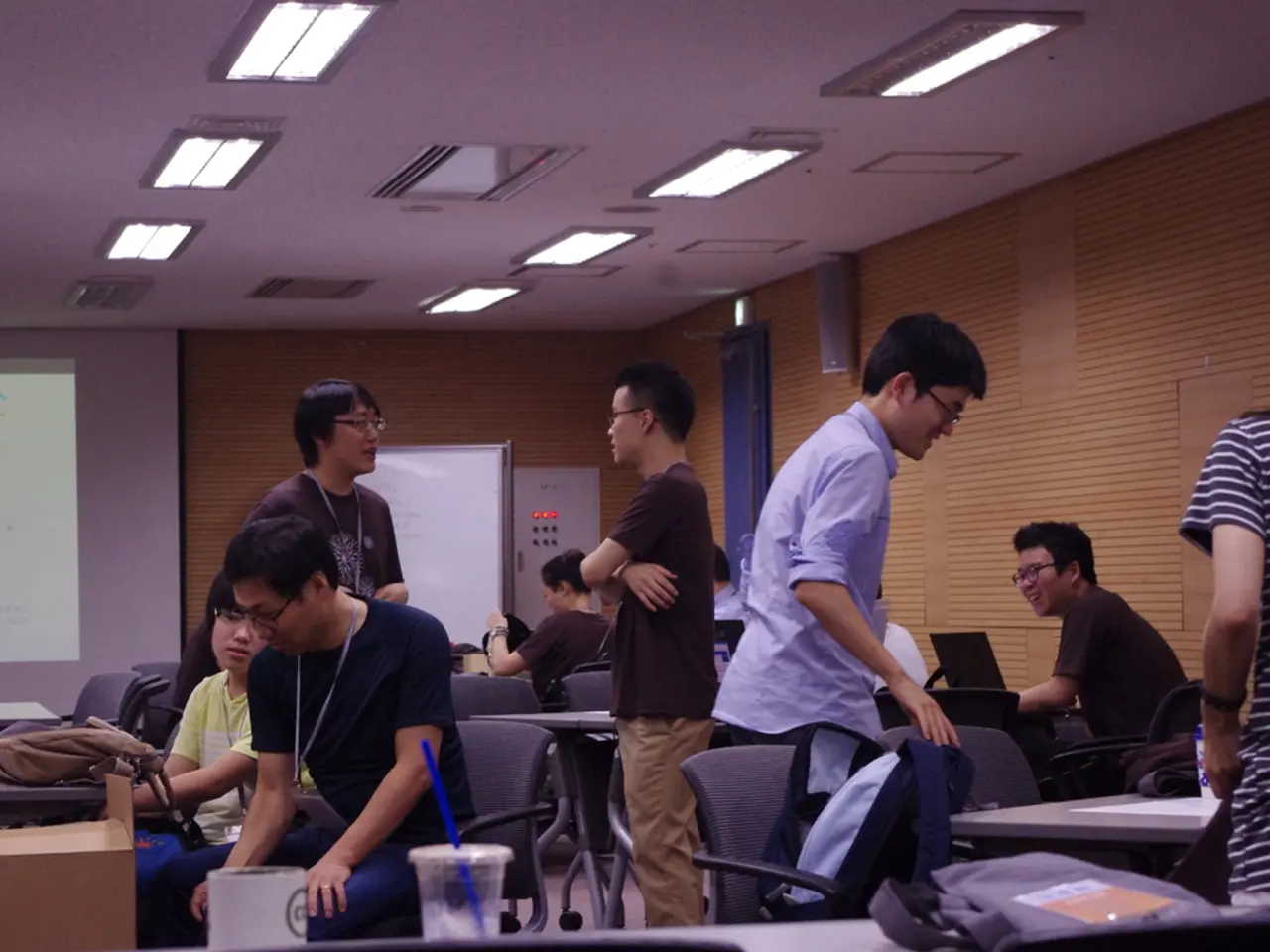Impact of Digital Learning Tools in Nigerian Schools
Nigeria is making strides in improving educational technology to enhance teaching and learning across the country, particularly in schools facing challenges such as overcrowded classrooms and limited resources.
The government has allocated funds specifically for educational technology improvement, and many schools have introduced computers, tablets, and other digital devices to their classrooms. However, the distribution of these resources is uneven between urban and rural areas, with rural schools struggling with weak or non-existent network coverage and inconsistent electricity supply.
Expanding Infrastructure and Connectivity is a key focus, with the government promoting initiatives to improve internet access and electricity supply in rural areas. The Nigerian government has developed a comprehensive technology framework for education, setting clear guidelines for infrastructure, teacher training, and curriculum updates.
The framework also encourages partnership with private and international technology firms, such as VectorTech Education Solutions, to develop customized educational software and hardware for Nigerian schools.
To address the challenge of limited teacher training, ongoing teacher training equips teachers with essential skills to use educational technology effectively, while professional development updates teachers on the latest digital tools available. Teacher training programs focus on enhancing ICT skills for educators, preparing them to integrate technology into their pedagogy.
Some schools have begun adopting educational technology tools, with teachers using projectors, smartboards, and educational apps during lessons. This use of technology enhances student engagement and participation significantly, fostering critical thinking and problem-solving skills.
E-learning platforms offer remote access to educational content, bridging the urban-rural education gap effectively. Given Nigeria's wide mobile phone penetration, especially in rural areas, mobile learning apps—often with multilingual options—can deliver tailored educational content in native languages, increasing engagement and comprehension.
To address the challenge of infrastructure deficits, schools often rely on generators or solar panels as alternative power sources, while installing solar power systems improves stability.
The government has launched programs to boost technological growth in education, including the Education Technology Enhancement Project. For instance, the Ministry of Education launched the Digital Learning Enhancement Fund, providing grants to schools implementing technology-based projects.
Despite these efforts, challenges remain due to infrastructure deficits, low teacher ICT skills in rural areas, and limited digital literacy. However, progress is ongoing with government and NGO support, and continued investment and support remain crucial for sustainable progress in educational technology adoption in Nigeria.
In the future, virtual reality and artificial intelligence can provide immersive learning experiences and personalize education further in Nigerian classrooms. Technology encourages collaboration among students and teachers, preparing learners for the digital economy and future careers.
In conclusion, by leveraging mobile and online platforms, enhancing teacher ICT capacity, and providing context-sensitive content, educational technology offers scalable, practical means to reduce Nigeria’s urban-rural educational disparities. However, challenges remain and require sustained investment and policy support for technology to reach its full bridging potential.
- The government in Nigeria is focusing on expanding infrastructure and connectivity to improve internet access and electricity supply in rural areas, where schools are struggling with weak or non-existent network coverage and inconsistent electricity supply.
- To address the challenge of limited teacher training, ongoing teacher training equips teachers with essential skills to use educational technology effectively, while professional development updates teachers on the latest digital tools available.
- Some schools in Nigeria have begun adopting educational technology tools, with teachers using projectors, smartboards, and educational apps during lessons to enhance student engagement and participation significantly.
- E-learning platforms and mobile learning apps, often with multilingual options, can deliver tailored educational content in native languages, increasing engagement and comprehension in rural areas with wide mobile phone penetration.
- In the future, virtual reality and artificial intelligence can provide immersive learning experiences and personalize education in Nigerian classrooms, preparing learners for the digital economy and future careers.
- Despite the challenges in infrastructure, teacher ICT skills, and digital literacy, continuous investment and support from the government and NGOs are essential to achieving sustainable progress in the adoption of educational technology in Nigeria.




